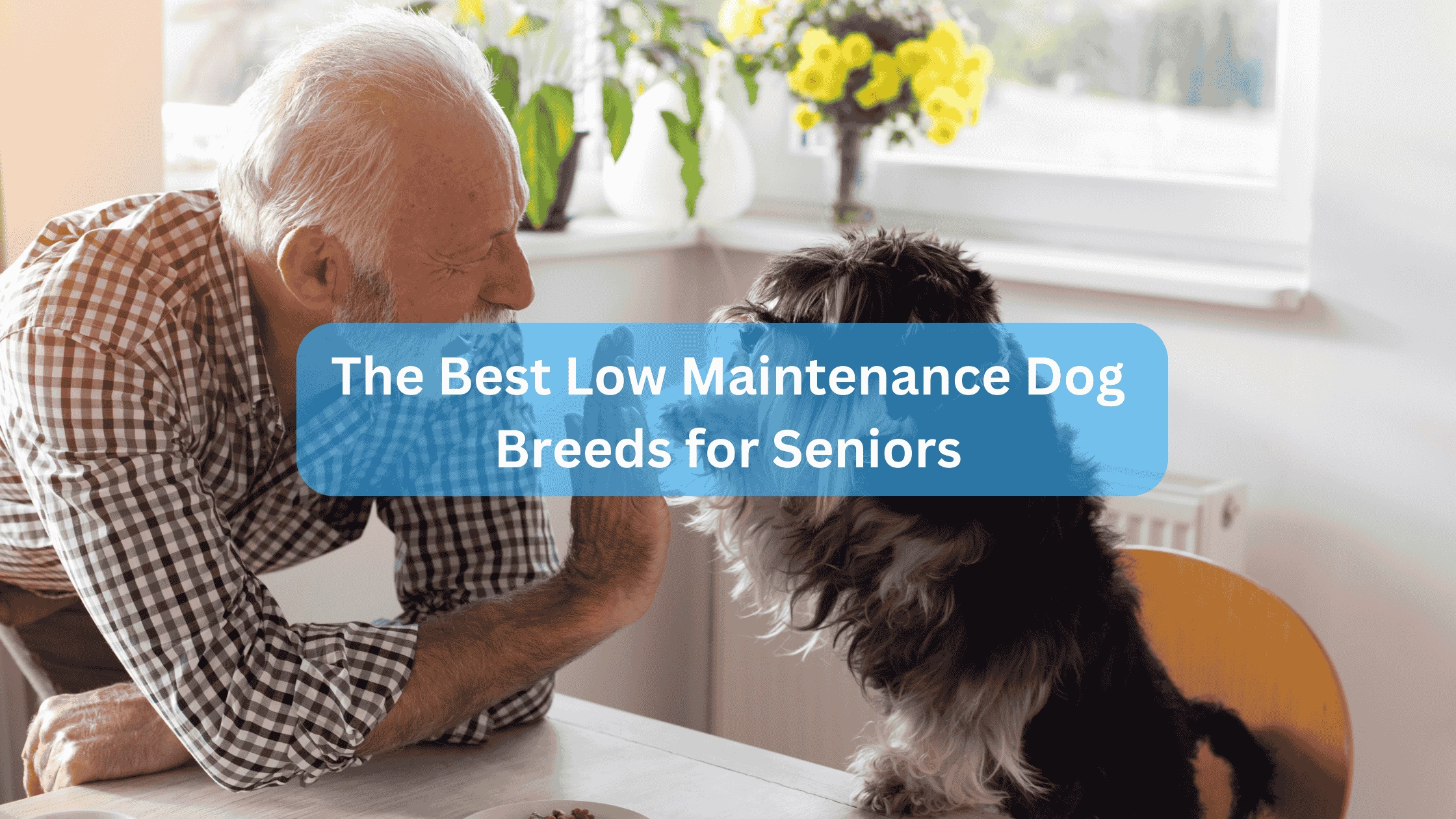Low Maintenance Dog Breeds for Seniors – As people age, the companionship of a dog can significantly enhance their quality of life. Dogs provide emotional support, encourage physical activity, and offer a sense of purpose.
However, for seniors, it’s essential to choose a dog breed that is low-maintenance, gentle, and adaptable to their lifestyle.
This article explores some of the best low-maintenance dog breeds for seniors, along with answers to common questions related to dog ownership for older adults.
Why Choose a Low Maintenance Dog?
Low maintenance dog breeds are ideal for seniors for several reasons:
- Less Physical Demand: These breeds typically require less exercise, making them suitable for seniors who may have mobility issues or prefer a more relaxed lifestyle.
- Minimal Grooming Needs: Low-maintenance dogs often have coats that require less grooming, which can be beneficial for those who may struggle with regular grooming tasks.
- Companionship: Many low-maintenance breeds are known for their affectionate nature, providing the companionship that seniors often seek.
Best Low Maintenance Dog Breeds for Seniors
Here are some of the best dog breeds that are low-maintenance and perfect for seniors:
1. Poodle (Toy or Miniature)
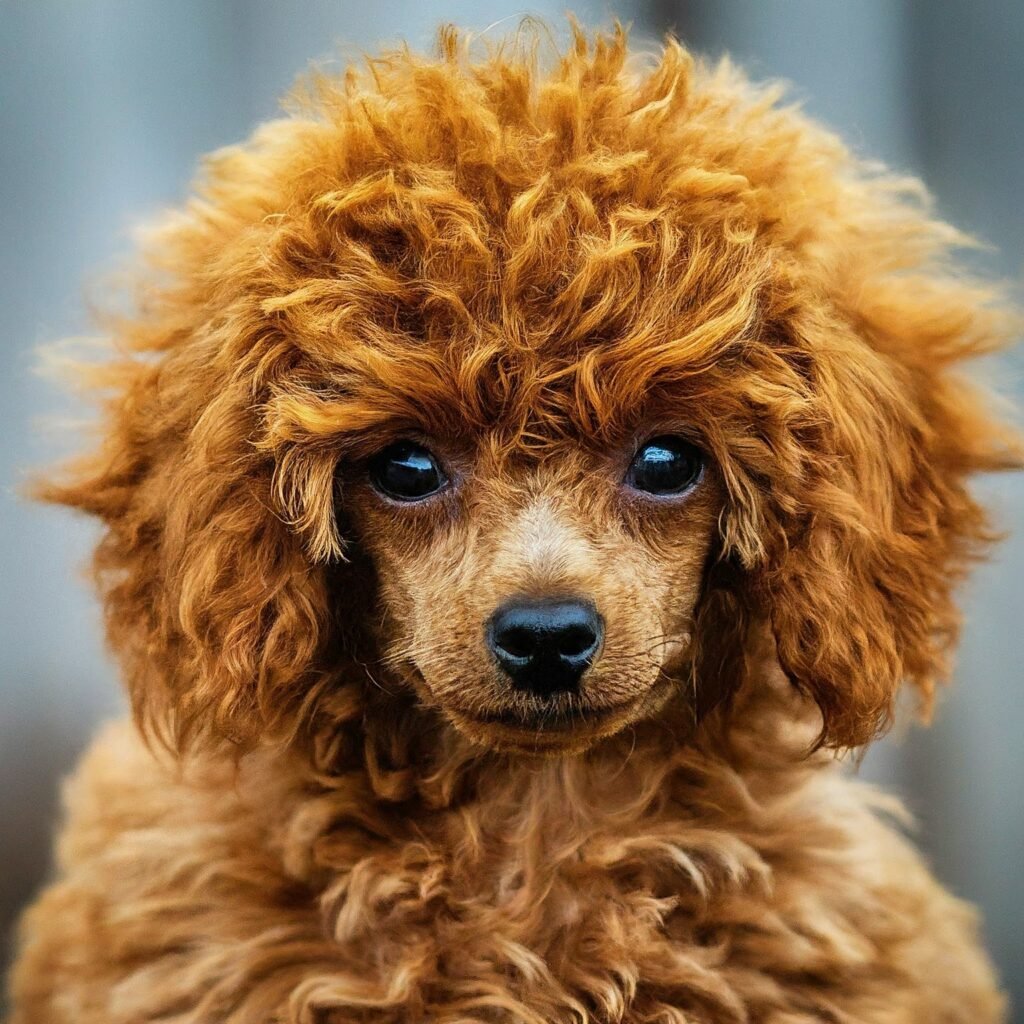
Poodles are highly intelligent and come in three sizes: standard, miniature, and toy. The toy and miniature varieties are particularly suitable for seniors due to their manageable size.
They are hypoallergenic, making them a great choice for those with allergies. Poodles are eager to please and are relatively easy to train.
They enjoy moderate exercise, such as short walks and playtime in the yard.
2. Cavalier King Charles Spaniel
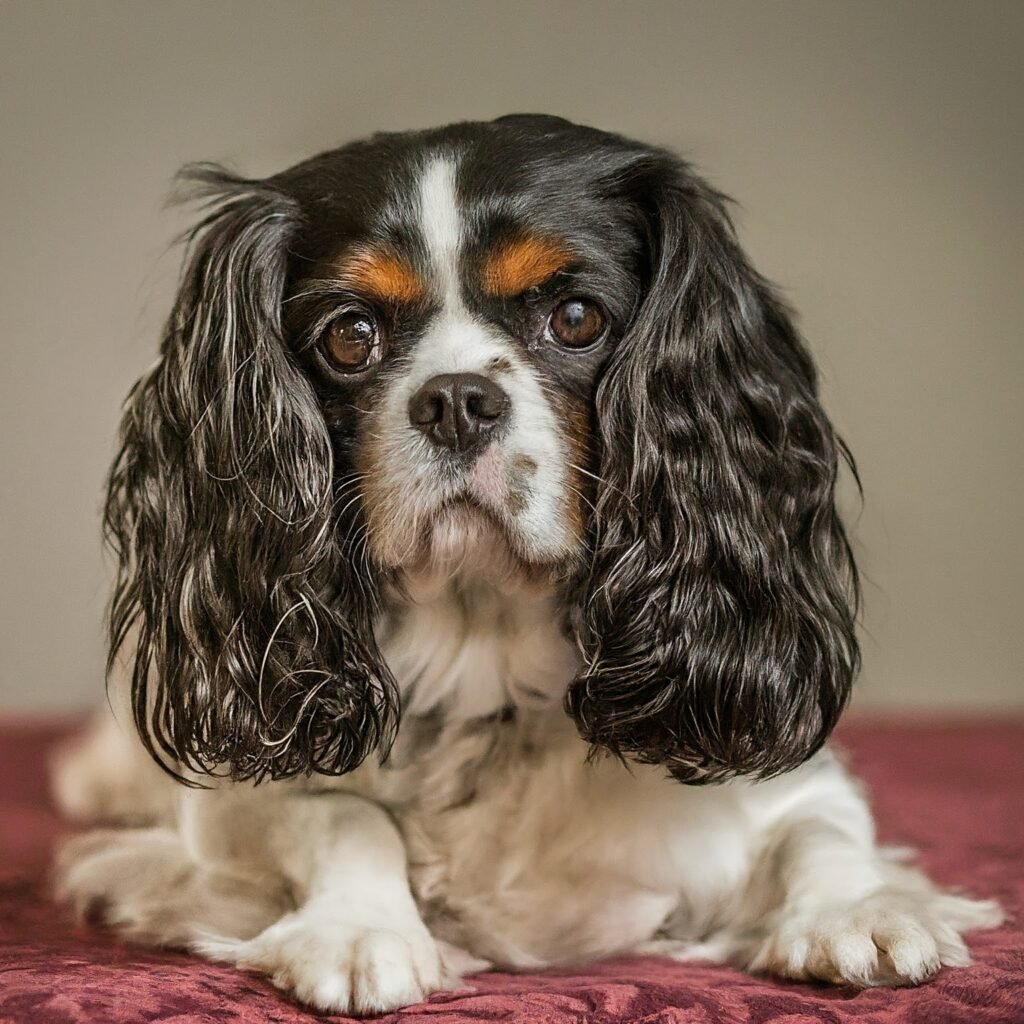
Cavalier King Charles Spaniels are gentle, affectionate dogs that thrive on companionship.
They adapt well to various living situations, making them ideal for seniors living in apartments or smaller homes.
Their grooming needs are minimal, requiring only occasional brushing. These dogs enjoy moderate exercise and are happy with short walks or play sessions.
3. Pug
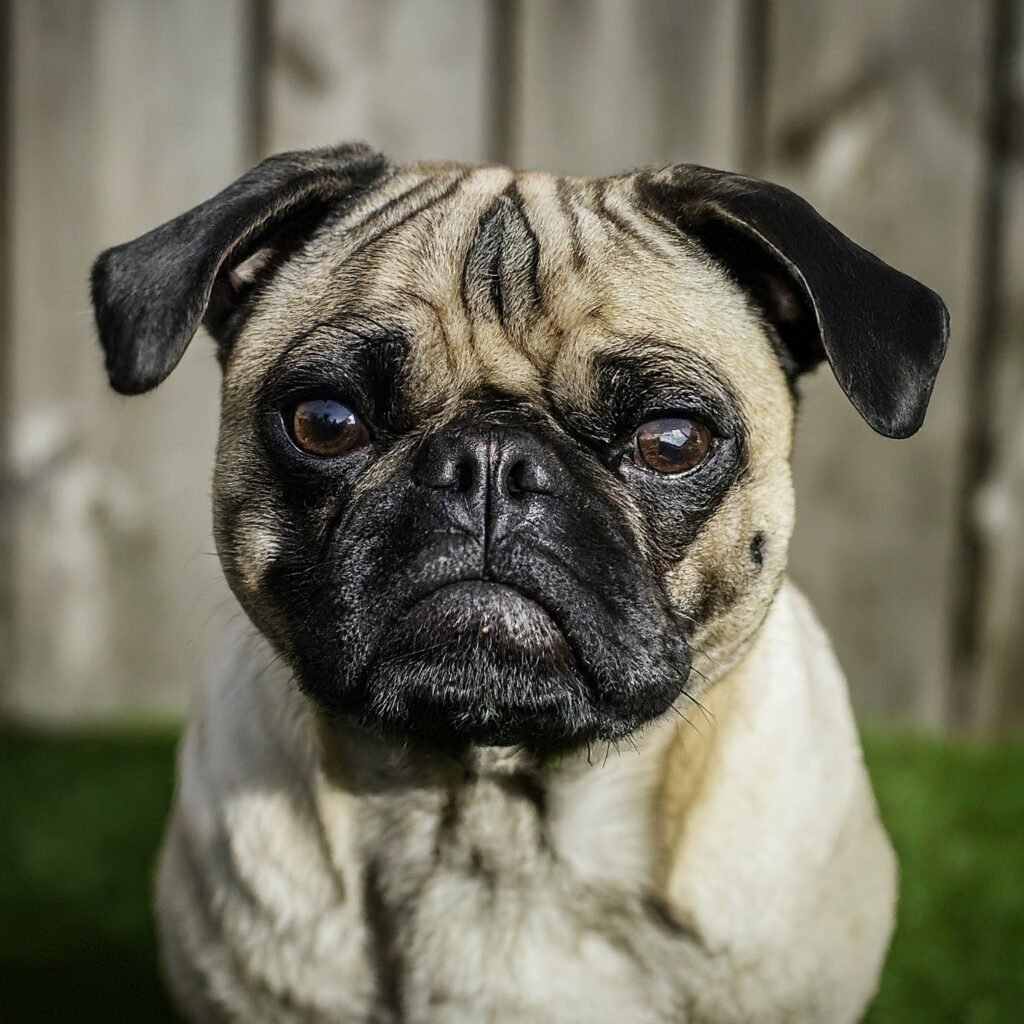
Pugs are known for their playful and charming personalities. They are small, weighing between 14-18 pounds, and have a short coat that requires minimal grooming.
Pugs love to be around people and are content with light exercise, such as short walks or indoor play. Their friendly disposition makes them great companions for seniors.
4. Bichon Frise
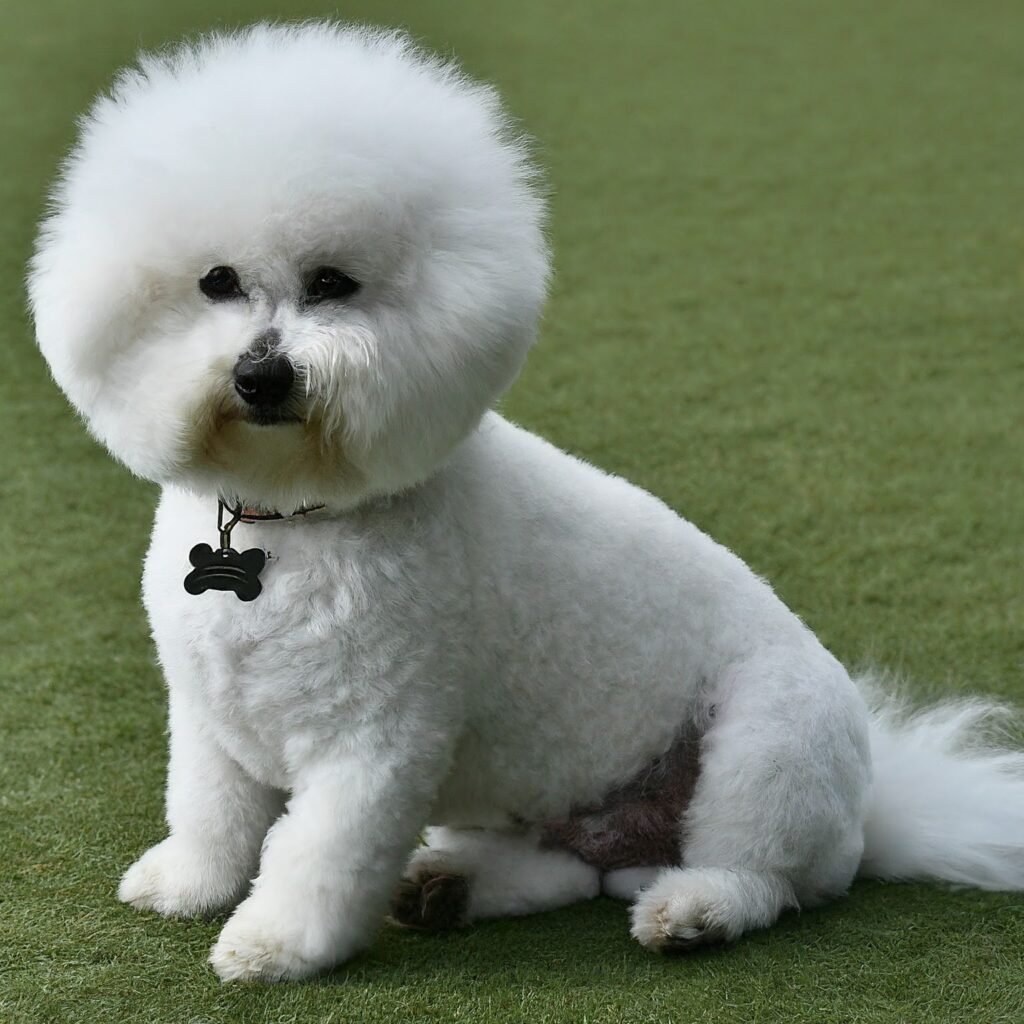
Bichon Frises are small, cheerful dogs that are known for their hypoallergenic coats. They are easy to manage due to their small size, typically weighing between 7-12 pounds.
Bichons enjoy moderate exercise and are playful, making them great companions for seniors who enjoy short walks. Regular brushing is necessary to keep their coat looking its best.
5. Greyhound
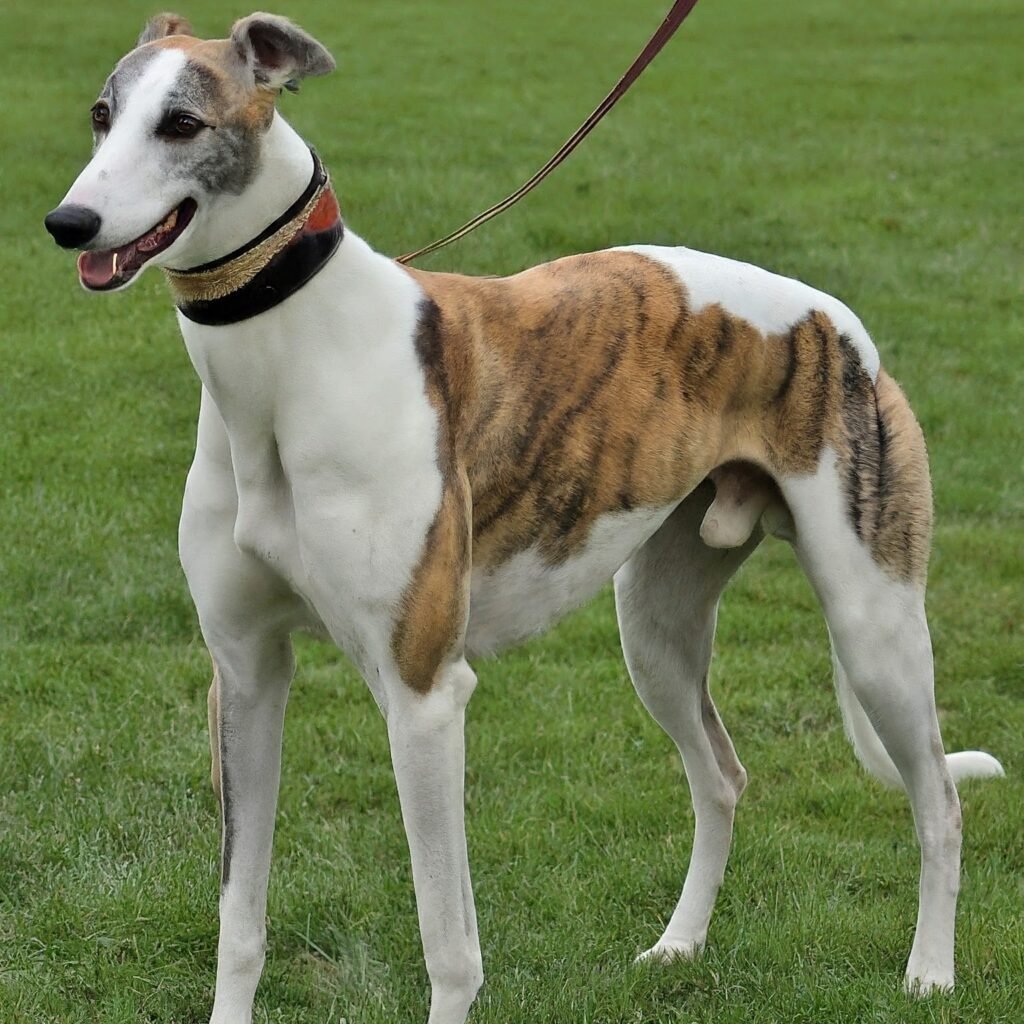
Despite their reputation as racing dogs, Greyhounds are surprisingly low-maintenance when it comes to exercise.
They are gentle and calm, often referred to as “couch potatoes.” Greyhounds require daily walks but are content to relax at home for most of the day.
Their short coat requires minimal grooming, making them an excellent option for seniors.
6. Shih Tzu
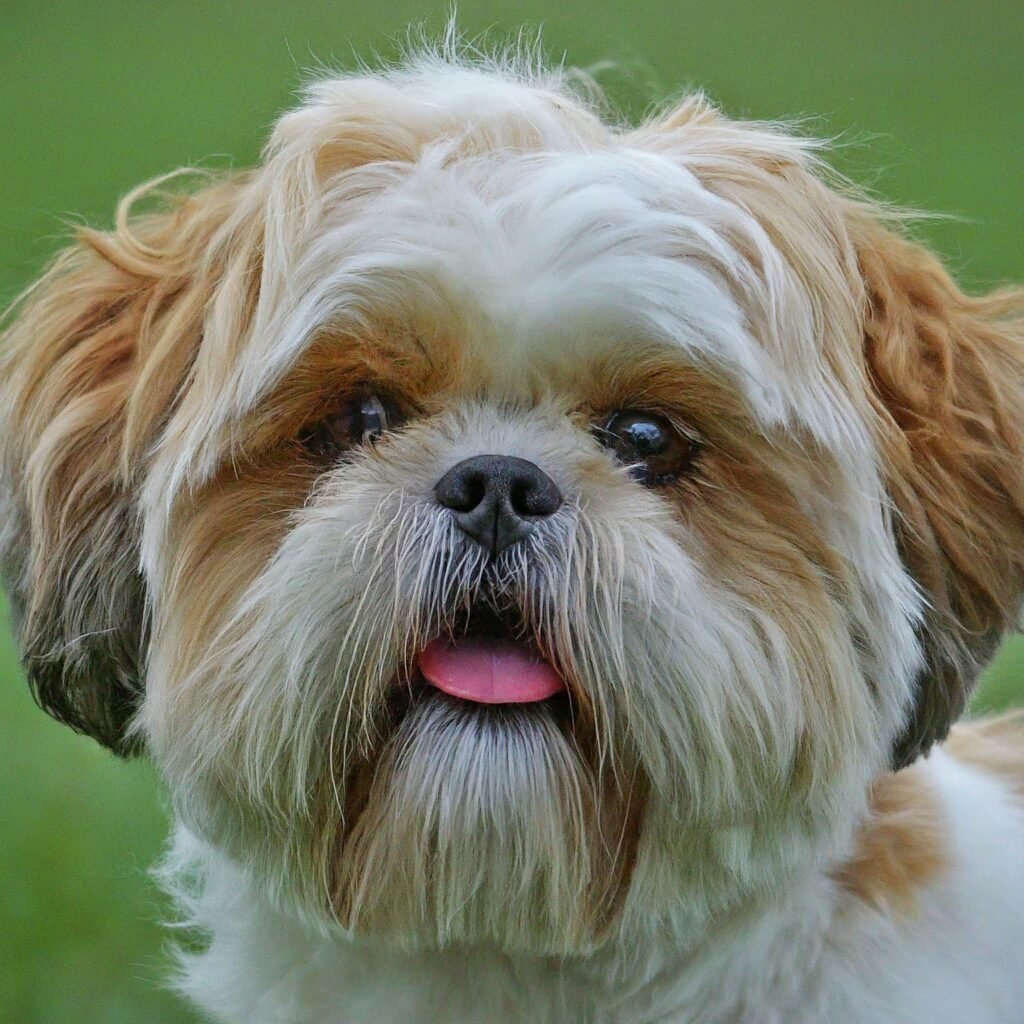
Shih Tzus are affectionate and playful dogs that adapt well to apartment living.
They are small, typically weighing between 9-16 pounds, and have a long, luxurious coat that requires regular grooming.
However, their exercise needs are low, and they enjoy short walks and plenty of cuddle time with their owners.
What factors should seniors consider when choosing a dog?
Seniors should consider several factors, including:
- Size of the Dog: Smaller breeds are often easier to manage and require less space.
- Energy Level: Look for breeds that have lower energy levels and exercise requirements.
- Grooming Needs: Choose breeds that require minimal grooming to reduce the burden of maintenance.
How much exercise do low-maintenance dog breeds need?
Most low-maintenance dog breeds require moderate exercise. This typically includes:
- Short Walks: 20-30 minutes of walking daily is usually sufficient.
- Playtime: Engaging in light play indoors or in a yard can help keep them active without overexertion.
Are there any health considerations for seniors owning dogs?
Yes, seniors should be aware of the following health considerations:
- Allergies: Some breeds are hypoallergenic, which can be beneficial for seniors with allergies.
- Mobility: Choose a dog that won’t require excessive physical activity that could strain the owner’s mobility.
- Veterinary Care: Regular vet visits are essential for maintaining the health of both the dog and the owner.
How can seniors ensure they can care for a dog?
Seniors can ensure they can care for a dog by:
- Assessing Their Lifestyle: Understanding their daily routine and how much time they can dedicate to a pet.
- Involving Family: Getting family members involved in the care of the dog can help ease the responsibility.
- Considering Adoption: Many shelters have senior dogs that are already trained and may require less energy and care.
Also Read: Can Dogs Eat Potatoes and Eggs? A Comprehensive Guide
Also Read: Are Great Pyrenees Good With Cats?
Conclusion
Choosing the right dog breed is crucial for seniors looking to add a furry companion to their lives.
Low-maintenance breeds like Poodles, Cavalier King Charles Spaniels, Pugs, Bichon Frises, Greyhounds, and Shih Tzus offer the perfect combination of companionship, affection, and manageable care.
By considering the factors outlined above and understanding their own needs, seniors can find the perfect canine companion to enhance their lives.
Sources:
- https://www.shelteranimalscount.org/17-best-dog-breeds-for-seniors/
- https://www.storypoint.com/resources/health-wellness/best-dogs-for-seniors/
- https://www.thesprucepets.com/best-dog-breeds-for-seniors-4138298
- https://www.springhills.com/resources/best-dogs-for-seniors
- https://villagegreenretirement.com/best-dogs-for-seniors/

